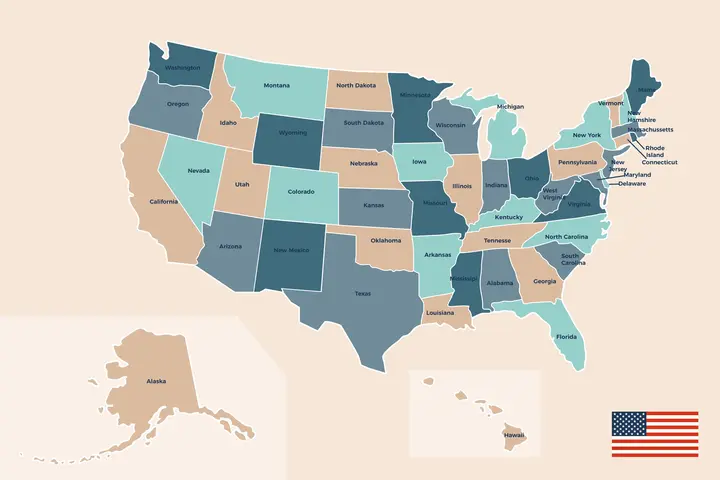
5 Essential Tips for Writing Better: Elevate Your Skills Today
In a world where effective communication is key, the ability to write well is more valuable than ever. Whether you're crafting an email, composing a report, or penning a blog article, honing your writing skills can elevate your message and captivate your audience. But how can you improve your writing? Here are five essential tips to help you become a better writer:
1. Read Widely and Actively:
The foundation of good writing is often built upon a love of reading. Expose yourself to a diverse range of writing styles, genres, and authors. Pay attention to the language, structure, and flow of the text. As you read, ask yourself why certain passages resonate with you or why others fall flat. Active reading not only enhances your vocabulary but also provides valuable insights into effective writing techniques.
Example:If you're interested in improving your descriptive writing skills, read passages from authors known for their vivid imagery, such as J.R.R. Tolkien or Gabriel García Márquez. Pay attention to how they use language to create detailed scenes that engage the senses.
2. Practice Regularly:
Like any skill, writing improves with practice. Set aside dedicated time each day or week to write. It doesn't matter if it's a journal entry, a short story, or a poem—what matters is consistency. Challenge yourself to experiment with different formats and genres. The more you write, the more confident and proficient you'll become.
Example:Set a goal to write 500 words every day, whether it's a short story, a personal reflection, or even just stream-of-consciousness writing. Over time, this consistent practice will strengthen your writing muscles and boost your confidence.
3. Embrace the Editing Process:
Writing is rewriting. Don't be afraid to revise and edit your work. First drafts are rarely perfect, and that's okay. Take the time to review your writing with a critical eye. Look for grammatical errors, awkward phrasing, and inconsistencies in your ideas. Consider seeking feedback from trusted peers or mentors. Embracing the editing process is essential for polishing your prose and refining your message.
Example:After completing a draft of your essay, take a break and then return to it with fresh eyes. As you read through, highlight any awkward phrases or unclear passages. Then, revise these sections to improve clarity and coherence.
4.Be Clear and Concise:
Clarity is paramount in effective writing. Aim to convey your ideas in a straightforward and concise manner. Avoid unnecessary jargon, convoluted sentences, and ambiguous language. Be mindful of your audience and tailor your writing to their level of understanding. Strive to communicate your message clearly and succinctly, leaving no room for confusion or misinterpretation.
Example:Instead of writing, "The conference will take place on the third Friday of the month," opt for a clearer and more concise version: "The conference is scheduled for the third Friday of the month.”
5.Find Your Voice:
Your voice is what sets your writing apart and makes it uniquely yours. Don't be afraid to let your personality shine through in your writing. Whether you're writing professionally or creatively, authenticity is key. Experiment with different tones, perspectives, and narrative styles until you find what feels most natural to you. Your voice is your greatest asset as a writer, so embrace it wholeheartedly.
Example:If you're writing a blog post about travel, infuse your writing with your unique perspective and personality. Share anecdotes from your own experiences, inject humor or wit where appropriate, and let your passion for exploration shine through in every word.
In conclusion, writing better is within reach for anyone willing to put in the time and effort. By reading widely, practicing regularly, embracing the editing process, prioritizing clarity and conciseness, and finding your voice, you can elevate your writing skills and captivate your audience. So pick up that pen or open that blank document—your journey to becoming a better writer starts now.


